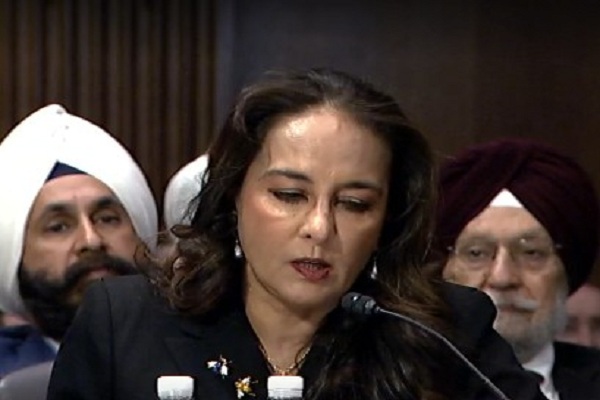U.S. FDA to broaden inspection of foreign manufacturing facilities
The move builds on the agency’s Foreign Unannounced Inspection Pilot program in India and China.
.JPG) FILE PHOTO: Sign is seen outside of the Food and Drug Administration (FDA) headquarters in White Oak, Maryland, U.S., August 29, 2020. / REUTERS/Andrew Kelly/File Photo
FILE PHOTO: Sign is seen outside of the Food and Drug Administration (FDA) headquarters in White Oak, Maryland, U.S., August 29, 2020. / REUTERS/Andrew Kelly/File Photo
The U.S. Food and Drug Administration (FDA) will begin conducting more unannounced inspections at foreign manufacturing facilities, the agency said on May 6
The move builds on the agency’s Foreign Unannounced Inspection Pilot program in India and China and is intended to bring foreign firms under the same level of oversight as domestic manufacturers.
Also Read: Trump begins mass layoffs at FDA, CDC, other US health agencies
“For too long, foreign companies have enjoyed a double standard—given advanced notice before facility inspections, while American manufacturers are held to rigorous standards with no such warning,” said FDA Commissioner Martin A. Makary. “That ends today. This is a key step for the FDA as part of a broader strategy to get foreign inspections back on track.”
The FDA conducts about 12,000 domestic and 3,000 foreign inspections annually across more than 90 countries. Despite weeks of notice, the FDA has found serious deficiencies more than twice as often in foreign inspections compared to domestic ones, the agency said in a statement.
As part of the new policy, the FDA will revise its internal guidelines to strengthen inspector independence. Investigators will now be directed to decline travel accommodations—including lodging and transportation—offered by the companies they are inspecting.
“These updates are necessary to preserve the objectivity and integrity of our inspection process,” said Makary.
Michael Rogers, FDA Assistant Commissioner for Inspections and Investigations, underscored the importance of real-time, on-site oversight. “These inspections provide real-time evidence and insights that are essential for making fact-based regulatory decisions to protect public health,” he said.
He added: “The FDA’s rigorous, science-based global inspections of manufacturing facilities ensure that the food and drug products that enter the U.S. marketplace, and the homes of American consumers, are safe, trusted, and accessible.”
Unannounced inspections are also expected to help expose bad actors—particularly firms that falsify records or conceal violations before products are shipped to the U.S. The FDA reaffirmed its authority to take regulatory action against any facility that delays, denies, or refuses access for inspections.
“The FDA is committed to ensuring that every product entering the United States is safe, effective, and honestly made,” the agency said in a statement.
ADVERTISEMENT
ADVERTISEMENT
E Paper
Video




1759953093.png) Staff Reporter
Staff Reporter













Comments
Start the conversation
Become a member of New India Abroad to start commenting.
Sign Up Now
Already have an account? Login